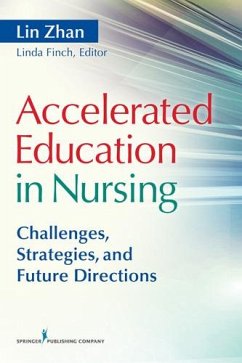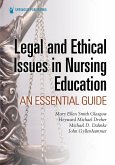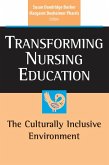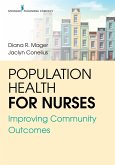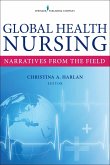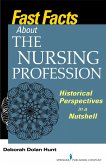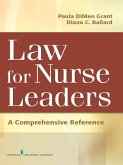"As one of the first books examining the core issues of accelerated nursing education, this one offers valuable information on the challenges and successes of this educational model."--Doody's Medical Reviews
"Accelerated degree programs provide evidence that creativity in nursing program design can facilitate learning experiences that assure competence in the profession while also taking advantage of the knowledge, skills, and experiences the learner brings to our profession. Lessons learned from accelerated nursing programs can be applied in all our programs and enrich the education of professional nursesÖ"
Geraldine Polly Bednash, PhD, RN, FAAN
CEO, AACN
Over the last two decades, an unprecedented pool of nursing students-many with academic degrees and prior work experience-have entered accelerated programs. This is the first volume to examine core issues in accelerated nursing education, such as curriculum innovation, clinical immersion, recruitment and retention of students and faculty, and inter-professional education. It also addresses questions regarding:
Key Features:
"Accelerated degree programs provide evidence that creativity in nursing program design can facilitate learning experiences that assure competence in the profession while also taking advantage of the knowledge, skills, and experiences the learner brings to our profession. Lessons learned from accelerated nursing programs can be applied in all our programs and enrich the education of professional nursesÖ"
Geraldine Polly Bednash, PhD, RN, FAAN
CEO, AACN
Over the last two decades, an unprecedented pool of nursing students-many with academic degrees and prior work experience-have entered accelerated programs. This is the first volume to examine core issues in accelerated nursing education, such as curriculum innovation, clinical immersion, recruitment and retention of students and faculty, and inter-professional education. It also addresses questions regarding:
- How accelerated nursing programs prepare graduates to meet changing health care needs
- Which curriculums and clinical models are best suited to accelerated education
- What teaching strategies and evidence-based practices ensure high quality results
Key Features:
- Discusses enrollment and admission at the BSN and MSN levels
- Explores curriculum innovation, new teaching methods, and start-up programs
- Analyzes student retention and progression, with remediation strategies
- Presents faculty recruitment, retention, and development successes
- Addresses issues concerning second degree and second career students
Dieser Download kann aus rechtlichen Gründen nur mit Rechnungsadresse in A, D ausgeliefert werden.

